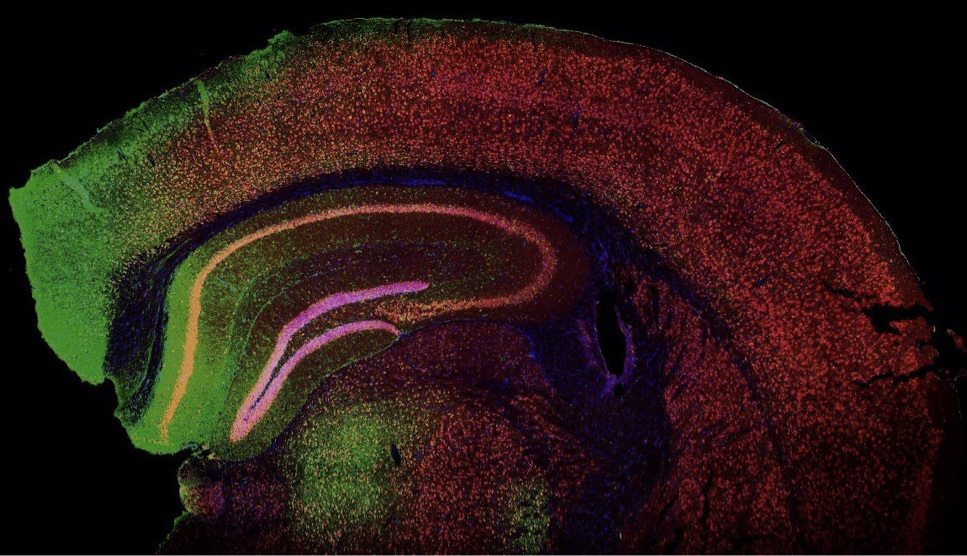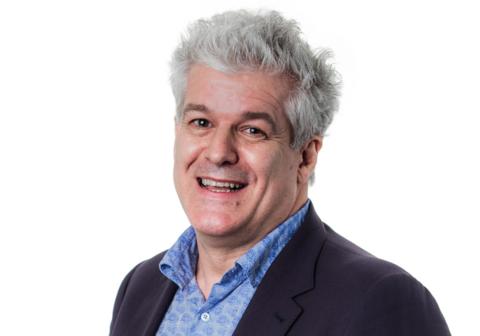Biography
A world-leader in the genetics of neurodegenerative diseases, Chris Shaw is Professor of Neurology & Neurogenetics at the IoPPN and Director of The Maurice Wohl Clinical Neuroscience Institute at Kings College London. After studying medicine in New Zealand, Chris did his doctoral training at the University of Cambridge as a Wellcome Fellow. A pioneer in amyotrophic lateral sclerosis (ALS) and frontotemporal dementia (FTD), since 2008 his group has discovered four new risk genes for ALS, and his work was recognised in 2019 with a Kea World Class New Zealand Award. Prof Shaw oversees an ambitious programme investigating proteostatic mechanisms and developing gene therapies for ALS and FTD. in 2021, he co-founded the UK DRI spin-out company Aviadobio to develop gene therapy treatments for FTD and ALS.
Shaw Lab
Explore the work of the Shaw Lab, seeking to understand what causes amyotrophic lateral sclerosis and fronto-temporal dementia with the aim of finding more effective therapies

